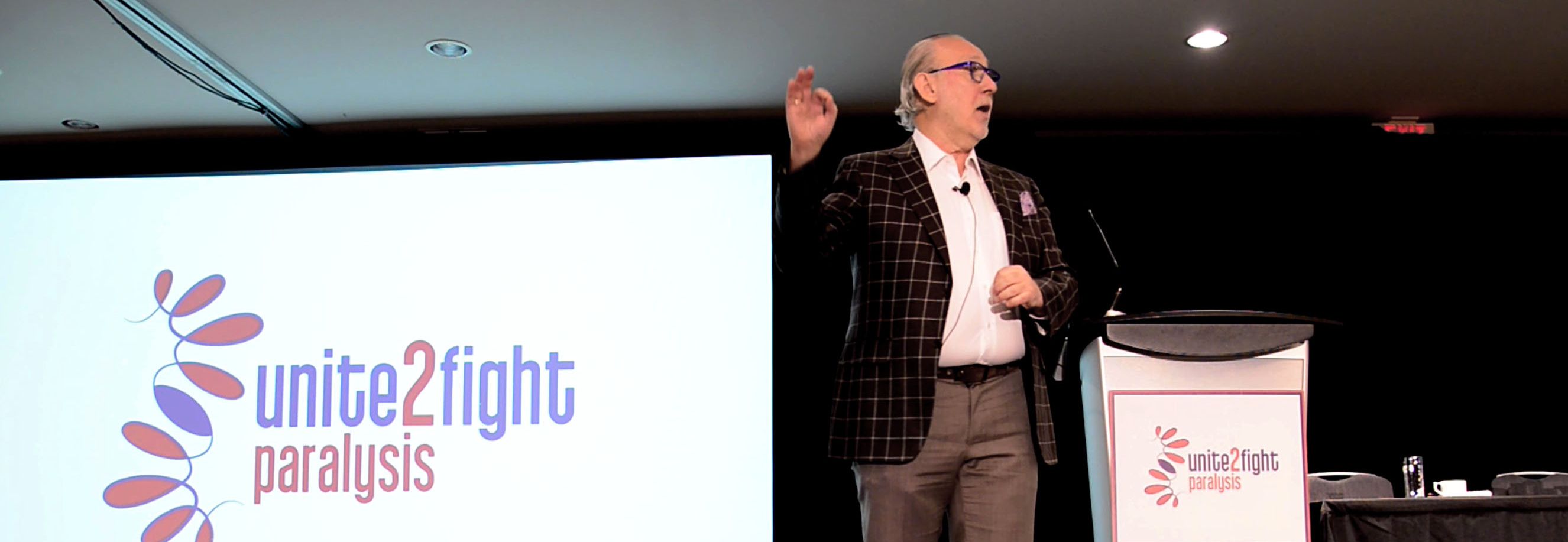
Megan Moynahan, MS
Executive Director, Institute for Functional Restoration
Abstract
Restoring Upper Extremity Function in SCI with Neuroprosthetics
Area of SCI Inquiry: Restoration of hand grasp with implanted functional electrical stimulation (FES) systems.
Methodology and Mechanism of Action: Paralyzed muscles can be activated with low levels of electrical current applied to the nerves of those muscles. By coordinating the activation of multiple muscles, functional movements can be achieved such as hand grasp, reaching, trunk stability, standing, stepping, bladder continence and voiding, cough and respiration. Researchers at Case Western Reserve University pioneered the development of these devices, called “neuroprosthetics”, and have conducted multiple clinical trials to establish the devices’ safety and effectiveness. FES systems for hand grasp offer users significant gains in grasp strength, ability to perform a standard object test, improved independence in activities of daily living, and quality of life. An early system for hand grasp, the NeuroControl Freehand System, was commercialized in 1997; however, the company ceased operation in 2001 and there is no longer a commercial FES option available for hand grasp. Ongoing research on these systems has resulted in improvements in the technique of restoring hand grasp. We describe two
concepts here: The Networked Neuroprosthesis (NNP), a multi-function system; and KeyGrip, a simple system.
Clinical Trials. The NNP is currently being studied in the Grasp-Release Assessment of a Networked Neuroprosthesis Device (GRANND) clinical trial, which is enrolling people with cervical SCI who are at least 6-months post-injury and neurologically stable. After receiving the implant, users are given multiple hand grasp options and are evaluated regularly over the course of a year. We will present early results of this system. The second clinical trial will be launched in 2024 and will involve the implantation of a simple 2-electrode system that will restore lateral pinch in people with cervical SCI. This system, called KeyGrip, is being designed
specifically for commercialization. Proof-of-concept results will be presented.
Bio
Megan Moynahan is the Executive Director of the Institute for Functional Restoration, a non-profit organization at Case Western Reserve University with the
mission to restore function to people with spinal cord injury by bringing research neurotechnologies to the market. She supports investigators’ research on neuroprosthetics that restore hand grasp, reach, trunk stability, standing, stepping, bladder and bowel management, cough and respiration. Her most recent project is KeyGrip, a simple neuroprosthesis for hand grasp that is intended for commercialization. Prior to her current role, she enjoyed a 17-year career at the
U.S. Food and Drug Administration, where she served as Associate Director for Technology and Innovation. She holds a BS in Biomedical Engineering from Johns
Hopkins University and a MS in Biomedical Engineering from Case Western Reserve University.






















